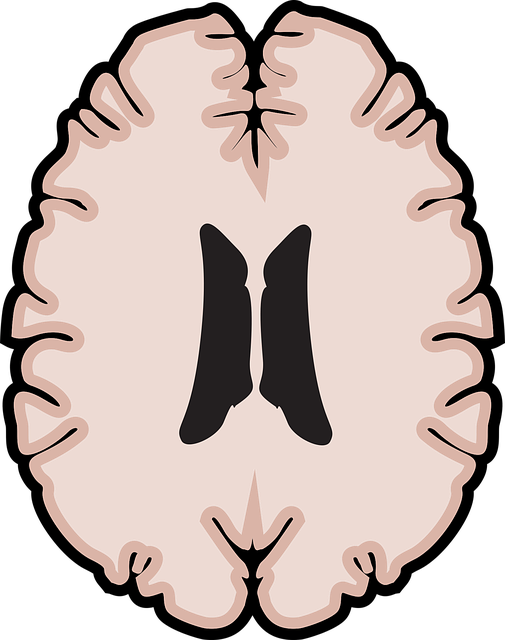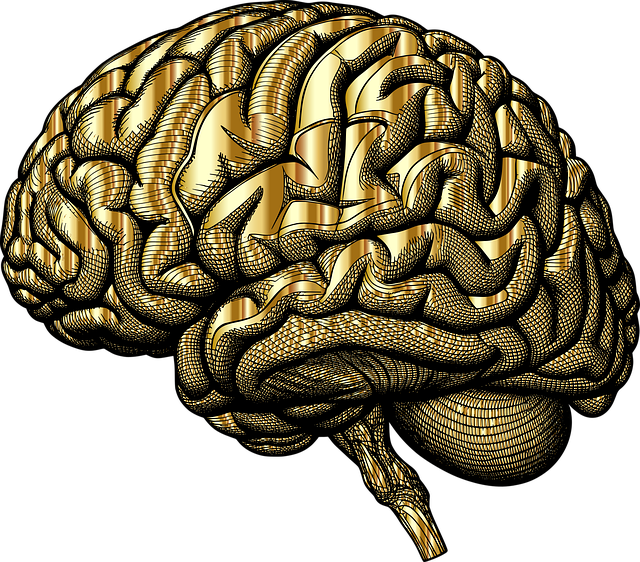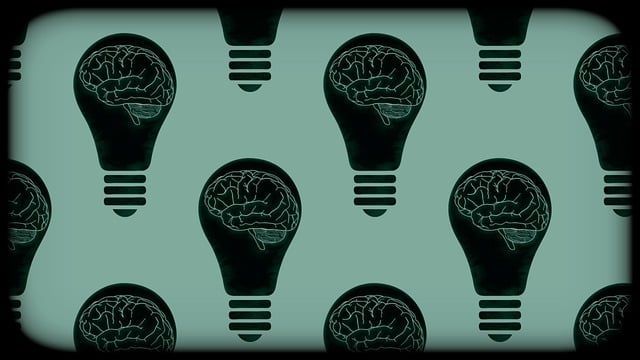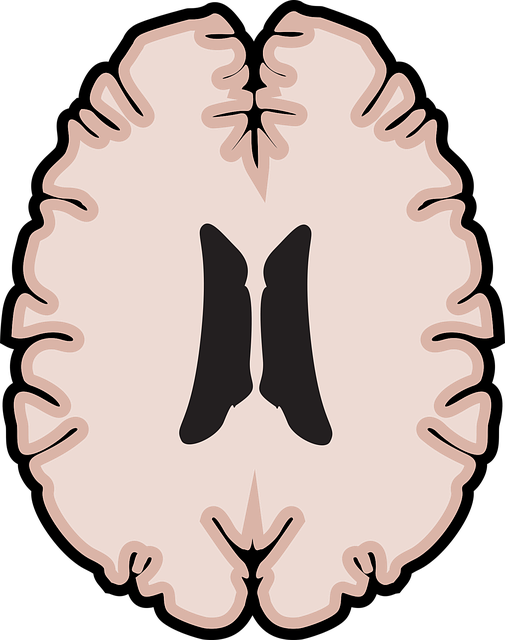Lafayette Psychosis Therapy offers personalized, evidence-based treatment for complex mental illness characterized by distorted thinking, hallucinations, and delusions. Through in-depth assessments, mindfulness training, resilience building, and support networks, clients gain coping strategies and improved mental health outcomes. Integrating physical activity, sleep hygiene, and joy-inducing hobbies enhances care. Crisis intervention guidance provides immediate support during severe crises. Lafayette Psychosis Therapy simplifies the complex journey of mental health treatment, empowering individuals to take charge of their well-being.
“Uncovering the path to mental well-being begins with understanding and navigating crucial aspects of mental illness diagnosis and treatment. This comprehensive guide delves into two key areas: ‘Understanding Mental Illness Diagnoses’ with a specific focus on Lafayette Psychosis, and ‘Navigating Treatment Options’, offering a roadmap to recovery.
Additionally, we explore supportive strategies for a smoother mental health care journey, emphasizing the importance of tailored approaches. For those seeking Lafayette Psychosis therapy, this article provides essential insights, ensuring informed decisions and empowering individuals towards healing.”
- Understanding Mental Illness Diagnoses: Deciphering Lafayette Psychosis
- Navigating Treatment Options: A Comprehensive Guide for Recovery
- Supportive Strategies for Effective Mental Health Care Journey
Understanding Mental Illness Diagnoses: Deciphering Lafayette Psychosis

Understanding Mental Illness Diagnoses: Deciphering Lafayette Psychosis
Mental illness diagnoses can often be complex and confusing for individuals newly navigating this landscape. Lafayette Psychosis, a specific type of mental health disorder, requires careful consideration and tailored treatment approaches. This psychosis, characterized by distorted thinking, hallucinations, and delusions, demands a nuanced understanding to ensure effective therapy. Recognizing the unique symptoms and triggers associated with Lafayette Psychosis is crucial for connecting individuals with appropriate care.
Social Skills Training and Empathy Building Strategies play a pivotal role in supporting those affected by this condition. Additionally, Healthcare Provider Cultural Competency Training is essential to ensure that professionals can offer sensitive and effective support. By integrating these strategies, individuals can develop coping mechanisms, enhance their support networks, and ultimately improve their mental health outcomes, fostering a more inclusive and comprehensive approach to Lafayette Psychosis therapy.
Navigating Treatment Options: A Comprehensive Guide for Recovery

Navigating treatment options for mental health conditions can feel like a daunting task, but with the right guidance, recovery becomes more accessible. At Lafayette Psychosis Therapy, we offer a comprehensive approach to assist individuals in understanding and embracing various therapeutic paths. The first step involves evaluating the specific needs of each client, considering factors such as the nature of their mental health challenge, personal preferences, and lifestyle. This tailored assessment paves the way for informed decision-making.
Our team introduces clients to an array of evidence-based practices, including mindfulness meditation, resilience building, and emotional healing processes. These strategies empower individuals to take charge of their mental well-being. Through education, support, and a deep understanding of each person’s unique journey, we guide them in choosing the most suitable treatment options, fostering a sense of agency and hope for a brighter future.
Supportive Strategies for Effective Mental Health Care Journey

Navigating mental illness can be a daunting task, but integrating supportive strategies can significantly enhance one’s journey toward effective mental health care. Beyond traditional therapy like Lafayette Psychosis Therapy, incorporating practices such as mindfulness meditation and cultivating a structured self-care routine can offer profound benefits. Regular mindfulness exercises have been shown to reduce anxiety, improve focus, and foster emotional resilience – skills invaluable for managing mental health challenges.
Additionally, establishing a consistent self-care routine development for better mental health becomes an essential anchor during turbulent times. This might include regular physical activity, adequate sleep hygiene, and engaging in hobbies or creative outlets that bring joy and relaxation. For situations where individuals face severe crises, crisis intervention guidance plays a pivotal role in providing immediate support and de-escalation techniques to ensure safety and stability.
Mental illness diagnosis and treatment can be complex, especially with conditions like Lafayette Psychosis. However, understanding your condition and navigating available treatments is key to recovery. By utilizing comprehensive guides and supportive strategies, individuals can embark on a journey towards improved mental health. Lafayette Psychosis therapy options offer hope and healing; seeking professional assistance is a vital step towards managing and overcoming this challenge.














